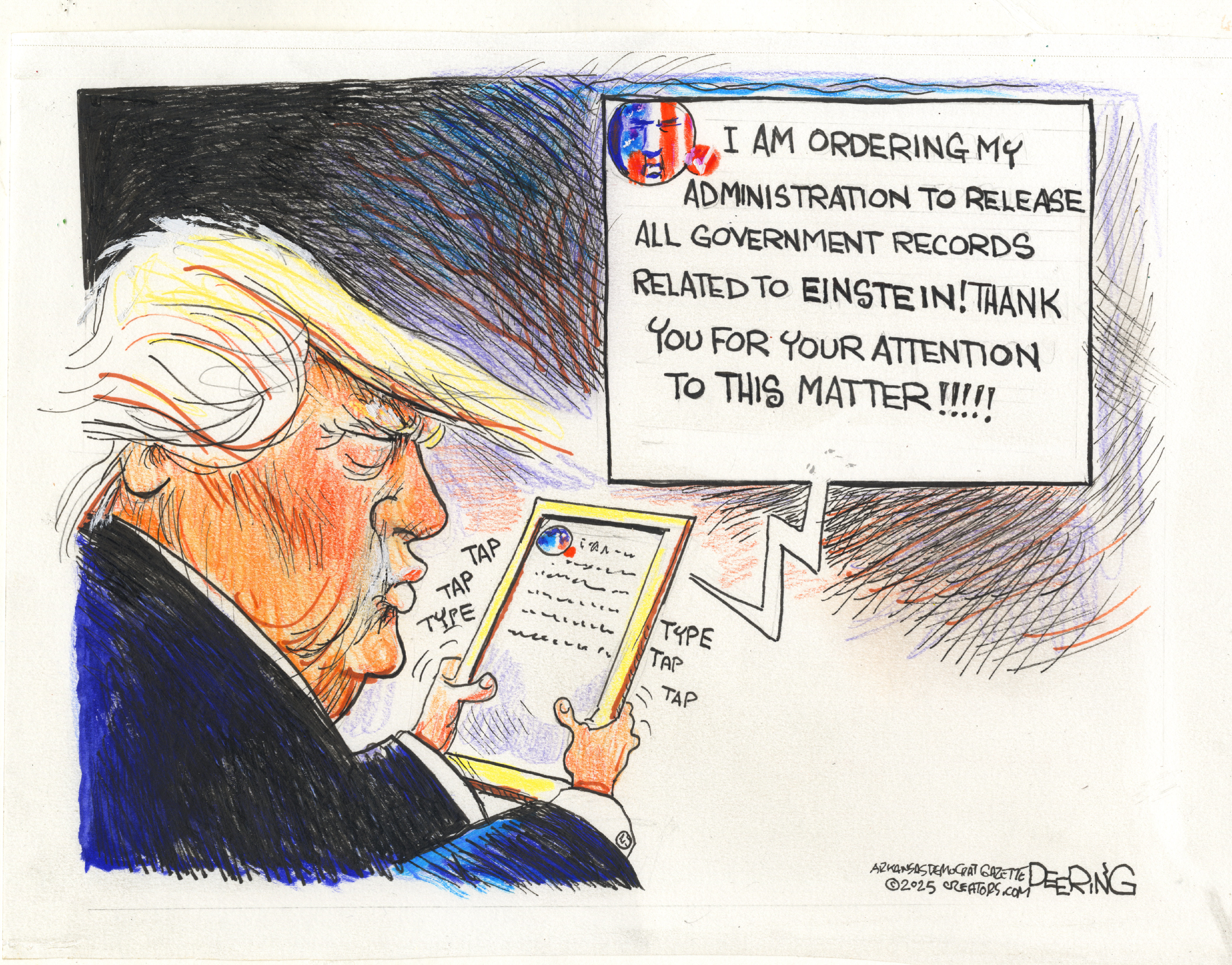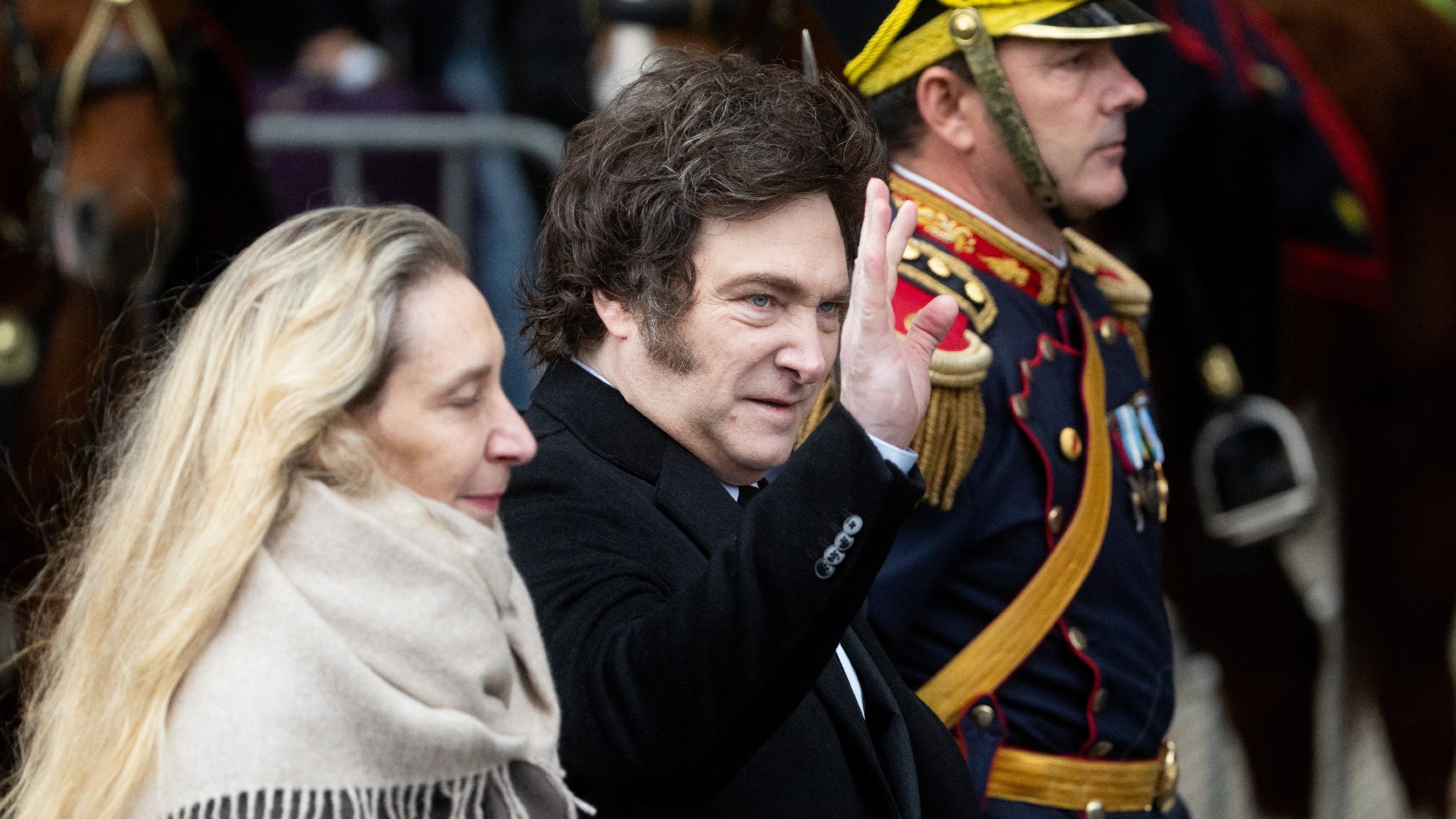True Detective episode 4 recap: Pulling the trigger
An otherwise sleepy episode ends with a bang


There's a lot to be said for surprise. If your story is going nowhere — and so far, True Detective's second season is the definition of a go-nowhere story — you might as well sweep your arm across the chessboard, knock all the pieces over, and see where they land. The tense, bloody shootout that ended this week's "Down Will Come" is the kind of thing that should pay some serious dividends in the weeks to come.
But did we really need yet another week of bland, grim, inexplicably meandering storytelling before True Detective got to the fireworks factory? "Down Will Come" isn't the worst episode of True Detective's frustrating second season, but it's definitely the dullest. For all their myriad faults, each of the first three episodes of the season featured at least one genuinely striking moment or image: a corpse being chauffeured around Los Angeles, a person in a crow mask wielding a shotgun, and a dream sequence featuring the one and only Conway Twitty. The fourth episode lacked even those modest flourishes; ignore the sky-high production values and the top-shelf cast, and you won't find anything you couldn't have seen on the dozens of police procedurals that came before it.
Then again, dismissing True Detective as a standard-issue police procedural might be uncharitable to standard-issue police procedurals. When was the last time a cop drama was this needlessly convoluted, or featured dialogue this consistently ridiculous? It's hard to know where to begin analyzing the plot of "Down Will Come," because the show's plotting is so haphazard that it's impossible to tell what actually matters. (You could argue that True Detective is being deliberately oblique to preserve its sense of mystery, but I think that's being too charitable; you can't play coy with a mystery without giving the audience enough reason to care about its resolution.)
The Week
Escape your echo chamber. Get the facts behind the news, plus analysis from multiple perspectives.

Sign up for The Week's Free Newsletters
From our morning news briefing to a weekly Good News Newsletter, get the best of The Week delivered directly to your inbox.
From our morning news briefing to a weekly Good News Newsletter, get the best of The Week delivered directly to your inbox.
For the most part, "Down Will Come" makes the Caspere murder investigation a background concern while it explores the main characters' fixation on their sexual hang-ups. Although his wife doesn't think she can carry a child, Frank Semyon is reluctant to adopt one. ("I don't do someone else's time," Frank complains, because every single line of dialogue he speaks is the kind of thing HBO could slap on a poster of Vince Vaughn frowning.) Paul, desperate to avoid his own homosexuality, is relieved to discover that his girlfriend is pregnant, which gives him the excuse to throw himself into a heterosexual marriage. And Ani — whose sexual predilections are the only ones True Detective has played coy with — discovers that her hookup/subordinate Steve has ratted her out, resulting in a suspension. (Except, conveniently, from the Caspere murder case, which takes up roughly 100 percent of her time anyway.)
As the episode ends, all of the True Detectives track down prime murder suspect Ledo Amarilla, a gangster who instantly opens fire on our heroes. This is where the sleepy episode suddenly jolts to life: gunshots, explosions, and corpses everywhere, with Ray, Paul, and Ani left standing alone as the smoke clears.
The big shootout at the end of "Down Will Come" will undoubtedly draw comparisons to the first season's fourth episode, "Who Goes There," which ended on an instantly famous six-minute tracking shot that followed Rust Cohle as he raced through a housing project. Director Jeremy Podeswa doesn't attempt anything as technically ambitious in "Down Will Come," but the shootout serves the same basic function: a sudden, adrenaline-fueled burst of nervy action at the precise midpoint of the season — at the precise moment when the density of the storytelling is threatening to overwhelm True Detective's basic forward momentum.
Is it too late to salvage this lumpy, half-baked narrative? At this point, my greatest hope for True Detective's sagging second season is that the aftermath of the gunfight gives this meandering story the direction it needs. Let's start by trusting the show to employ some basic real-world logic. A shootout in the Los Angeles metropolitan area, with so many police and civilian hostages, would be a massive national news story. It would certainly overshadow the murder of a city manager — even one with a penchant for prostitutes and sex toys.
A free daily email with the biggest news stories of the day – and the best features from TheWeek.com
And if we're supposed to be threatened by the mask-wearing, orgy-hopping cultists that (presumably) had Ben Caspere killed, it makes sense that they'd engineer an easy patsy like Ledo Amarilla. He practically comes gift-wrapped — so blank and obvious a villain that the Caspere murder will probably be declared solved by the lazy, corrupt cops at the top of the food chain. In theory, the lack of institutional support might force Ray, Ani, and Paul to turn to Frank Semyon for information and resources, which would finally give Frank something meaningful to do.
But as much as I'd like to see this narrative tighten up a little, I'm even more interested in the potential impact this gunfight would have on our three central protagonists. Ray just had two brushes with death in eerily close succession. Paul just endured the kind of shootout he probably hasn't experienced since his time in the military. And Ani, who's already in trouble after messing with Mayor Chessani, seems like the likeliest scapegoat for this kind of bloodbath. It doesn't matter how beautifully you shoot it — a shootout is nothing revolutionary for a cop show. But a shootout that actually matters would be a step in the right direction.
Oh, and also…
- Ray and Ani do manage a quick trip to the plots of land staked by Caspere, which appeared in the very first shots of the season. Something tells me we'll be back here in an episode or two.
- Meanwhile, in his very own show, Frank Semyon shakes down more former associates to make a little more cash. At the rate he's collecting protection money, what does he need Caspere for?
- After taking an episode off, Thematically Convenient Sad Guitarist makes her triumphant return — and, just maybe, offers an oblique clue in the process. When Ray asks what happened to Frank's deceased crony Stan, the scene suddenly cuts to the guitarist as she sings, "You were there." Do I sound like a crazy conspiracy theorist if I suggest that Ray might be working a long con, playing against Frank behind the scenes all along?
- Ray's aura, per Ani's dad: Green and black, big enough to fill a room. Sixty seconds of Googling tells me that a green aura means "jealousy, resentment, [and] feeling like a victim of the world." Nailed it!
- Even Frank acknowledges that his weirdly ornate vocabulary might make his threats incomprehensible to his henchman. (For the record: Merriam-Webster defines "louche" as "not reputable or decent.")
- Best worst line of the week: "Someone hit the f---ing warp drive, and I'm just moving through the blur." Spoken, of course, by Frank, True Detective's bebop gangster poet (and closet Star Trek fan)?
Scott Meslow is the entertainment editor for TheWeek.com. He has written about film and television at publications including The Atlantic, POLITICO Magazine, and Vulture.
-
 October 4 editorial cartoons
October 4 editorial cartoonsCartoons Saturday's political cartoons include the Einstein files, defunding the police, and an odd tribute to Jane Goodall
-
 Mustardy beans and hazelnuts recipe
Mustardy beans and hazelnuts recipeThe Week Recommends Nod to French classic offers zingy, fresh taste
-
 Under siege: Argentina’s president drops his chainsaw
Under siege: Argentina’s president drops his chainsawTalking Point The self-proclaimed ‘first anarcho-capitalist president in world history’ faces mounting troubles
